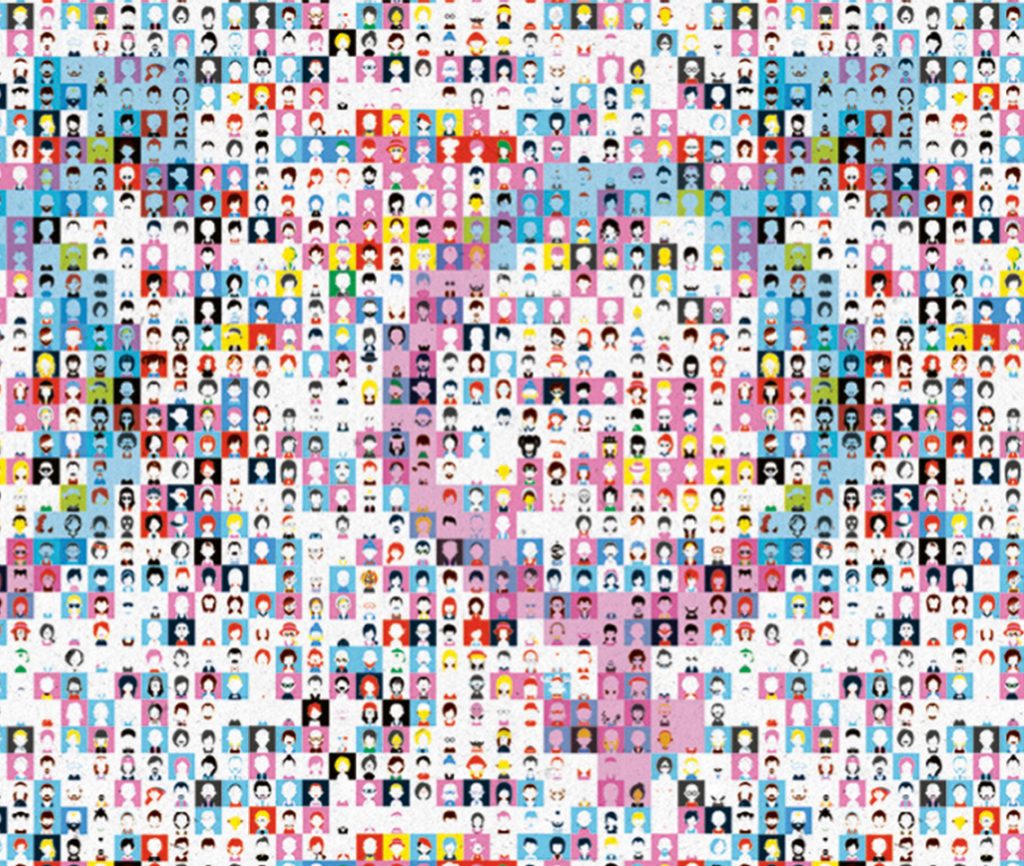The World's Women 2020 - Trends and Statistics

Five years after its adoption of 2030 Agenda for Sustainable Development and 25 years after the adoption of the Beijing Platform for Action, United Nations Department of Economic and Social Affairs Statistics has prepared an overview with data of the state of gender equality in the world, named “The World's Women 2020 - Trends and Statistics”.
Importantly, in adopting the 2030 Agenda for Sustainable Development in 2015, Member States reaffirmed, in Sustainable Development Goal 5, that gender equality is central to the achievement of sustainable development for all by 2030. As has been done at five-year intervals since the adoption of the Beijing Platform for Action, the World’s Women 2020 takes stock of progress in advancing women’s rights, empowering women and girls and ensuring gender equality in the world community.
The World’s Women 2020 is a collection of 100 stories providing up-to-date assessments of progress towards gender equality in the following six critical areas, including, under each area, the impact of COVID-19 on women: (a) population and families; (b) health; (c) education; (d) economic empowerment and asset ownership; (e) power and decision-making; and (f) violence against women and the girl child.
As the UN Secretary-General António Guterres summed up, “twenty-five years since the adoption of the Beijing Declaration and Platform for Action, progress towards equal power and equal rights for women remains elusive. No country has achieved gender equality, and the COVID-19 crisis threatens to erode the limited gains that have been made. The Decade of Action to deliver the Sustainable Development Goals and efforts to recover better from the pandemic offer a chance to transform the lives of women and girls, today and tomorrow.”
To read all the stories and numbers of the world’s women, please visit the website attached below.
The United Nations Department of Economic and Social Affairs (DESA) works closely with governments and stakeholders to help countries around the world meet their economic, social and environmental goals. The work of DESA addresses a range of cross-cutting issues that affect peoples’ lives and livelihoods. From poverty reduction to governance to finance to the environment, DESA’s work is about human progress for all, especially the most vulnerable.

